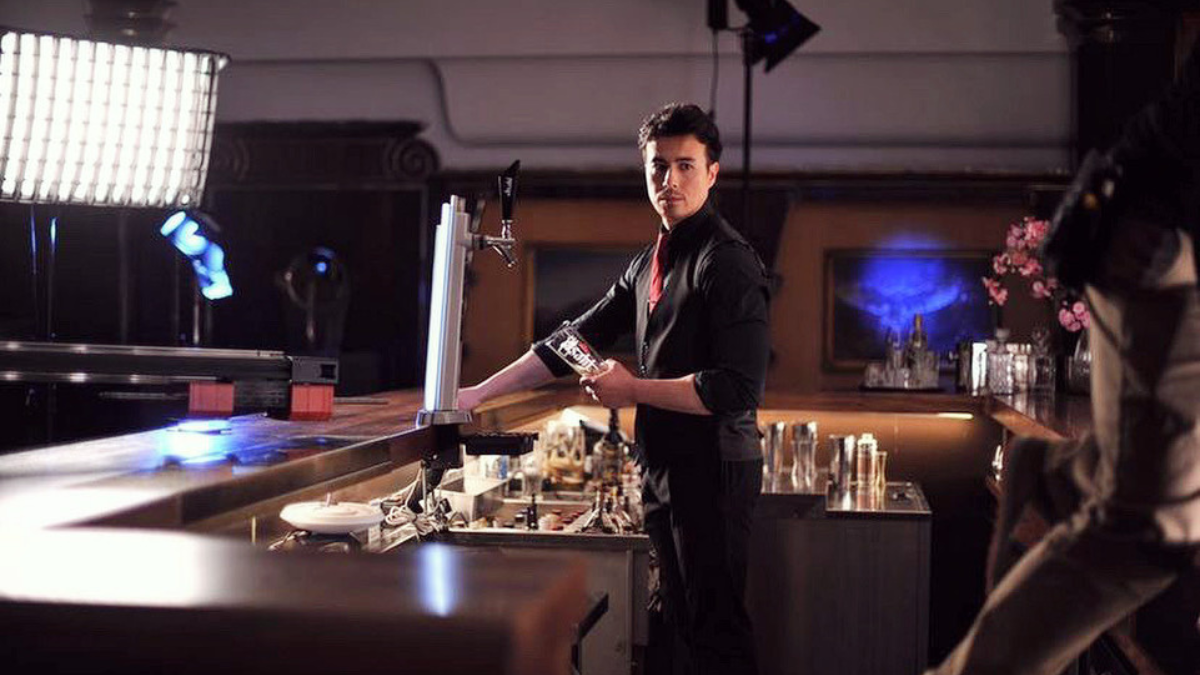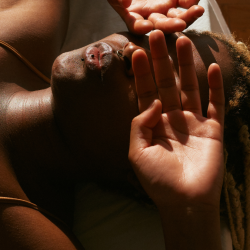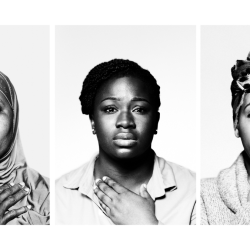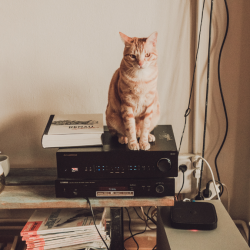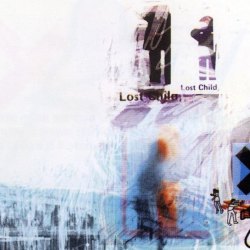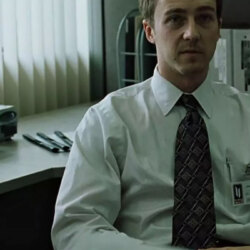Tommy Hatto is an award-winning wellbeing coach, motivational speaker, actor, model, and founder of THO – a wellbeing coaching and consultancy company. Born in the UK to a British father and Thai mother, Tommy was thrust into the limelight by none other than Dustin Hoffman, who after a chance encounter at an event in London, encouraged him to pursue a career in acting. He has also travelled the world to front global modelling campaigns for Calvin Klein, Rayban and GQ.
In 2021, Tommy set up his own wellbeing company, THO. He has experience in supporting on issues such as imposter syndrome, self-esteem, eating disorders, and body image. Through working closely with some of the world’s top experts in fitness, nutrition, life-coaching and dermatology, Tommy uses this knowledge and his personal experience to transform wellbeing strategies for organisations as well as individuals. He has delivered keynotes and workshops for FTSE 250 companies, as well as SMEs and start-ups.
In this interview Tommy chats to MediaCat Magazine‘s Editor, Mike Piggott, about his career and becoming a business leader in the well-being space.
Hi Tommy, thanks for talking to us. I thought we could start with how it all began. Dustin Hoffman discovered you, so to speak. Can you tell us the story?
I realise just how insanely abnormal the whole situation is. Like the Dustin Hoffman spotted me in a crowded room and said I should be on camera, and then next thing you know — I’m on camera. Then I remember Charlize Theron and Seth Rogen commenting about me in interviews they did, and everyone was like ‘who is this kid?‘ That whole period of me starting out was just ridiculous. I mean, if there’s ever a reference you need in your acting career, they have to be some good ones.
Do you keep in touch? Ever asked him for a small part in one of his movies? I hear he’s 85 now, but still acting
I saw him at an event not long ago. We smiled at each other. I don’t know if he remembered me, but I’m thankful for the indirect influence he had on my career.
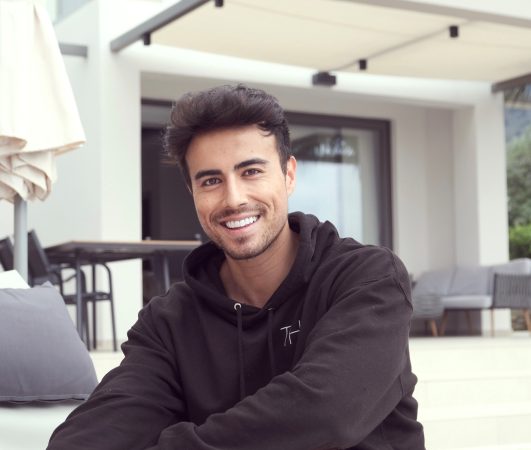
What’s your favourite Hoffman performance? As a ’90s kid I had a soft spot for ‘Hook’ (1991), and liked him in ‘Confidence’ (2003), opposite Rachel Weisz and Ed Burns. You seen that?
I’m going to show myself up here but I haven’t seen a lot of his filmography. I’ve seen Hook and Rain Man. Oh, and I love Meet the Fockers.
Your career has been interesting: modelled for Calvin Klein, had a part in ‘Thor: The Dark World’ (2013) and last year you founded a wellbeing consultancy. Did I mention the highlights? Any others? How did you go from acting to wellness?
Landing the Calvin Klein deal was a huge deal for me, especially as someone who grew up with negative body image. That was scary but empowering. Going to the Oscars was another highlight. As an ethnic minority, being on that red carpet was completely surreal. With the wellness stuff, that’s been central to who I am for the last 10 years so it wasn’t a huge pivot to go down that road. It became more frontline for me in the last few years to share my story of health and encourage others to do the same. The pandemic really showed the importance of that to me, and organically I was asked to talk at events and help organisations with their own initiatives in well-being and diversity. That’s how THO was born.
With your well-being consultancy: what made you want to launch the business? It sounded like acting was going well. Once you made the leap was there a point in time when you knew the business was working?
I haven’t stopped doing all the stuff I was doing before setting up a business, I just added more to my plate. I was being asked to share my story of the challenges I had growing up with body image and identity issues. It was important for me to provide a voice to those people who felt stigmatised. The whole business is centred on personal and authentic storytelling. I believe that’s where our success has come from.
You were shortlisted for a multitude of awards last year for work you did around body image, and won some of them. In an age where social media defines our day-to-day, why was it important for you to discuss this topic in schools and workplaces?
That penny drop moment for me was when I had a message from a guy saying he wished he looked like me. I was like ‘I’m a part of the problem.‘ I had unintentionally put out this lovely lifestyle on social media, not realising the impact it was having on people’s self-esteem. I know this, because I felt those same pressures when I was looking at other people’s social media pages. It was important to be honest online with how I felt and the journey I had been on, and to help others realise the value they hold in themselves. Perfect has no criteria. You’re limitless in your ability.
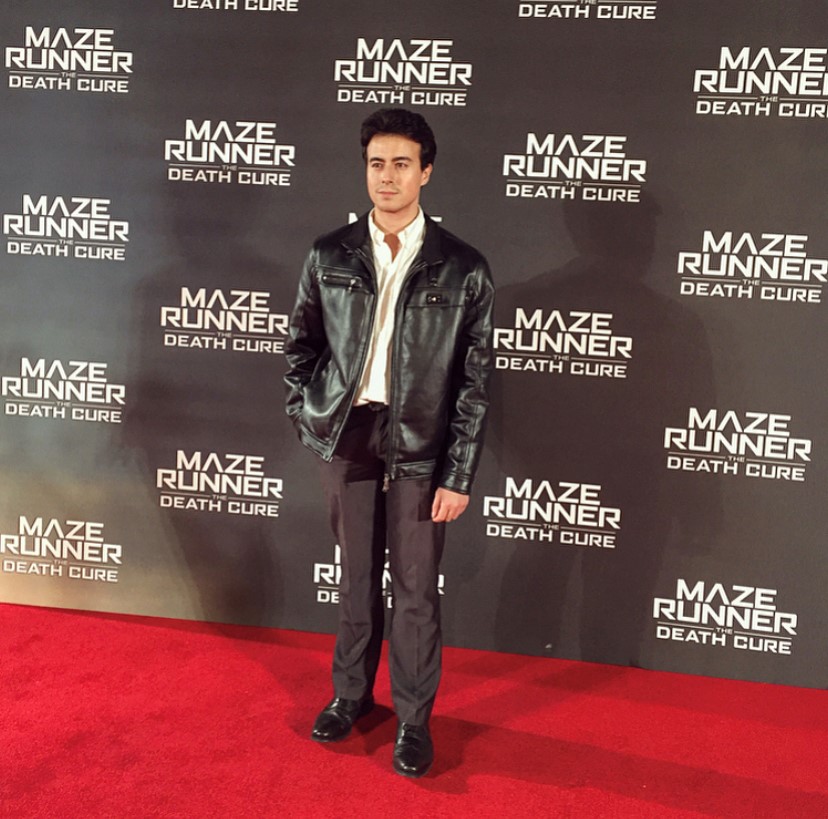
How has the transition been, from actor to business leader? Did people take you seriously initially? How do people see you now that you’re running a financially successful business?
People didn’t take me seriously in the beginning, especially going into a boardroom and having to pitch to potential corporate clients or investors. Here is this 20-something year old actor talking around how he can help change the culture of your organisation. But the proof is here — over a year later, positioning ourselves in the market amongst huge companies doing the same thing.
Kim Kardashian, Ryan Reynolds and Rihanna have all become successful business people, far beyond the thing they were known for: do you think there’s been a trend of celebrities re-imagining themselves as entrepreneurs in recent times? And if so, why do you think that’s the case?
Years ago, a high profile brand would go into partnership with a celebrity, and licence their name to their product, that celebrity might get a small percentage of profit. We get the smallest piece of the pie. Now, with the rise of social media, those individuals can create their own product, they have the existing audience and marketing channel there in order to maximise profit. There’s this shift from a licensing model to ownership model. Those celebrities you mention are paving the way for others to do the same. With every company, mine included — we are the scarce asset. You are the one that sets you apart from everyone else, and people invest or consume in you.
In your mind, what does the ‘future celebrity’ or ‘future entrepreneur’ look like?
You’ll start to see celebrity not just be about acting or music. It’ll be the age of the multi-hyphenate. Building brands is the future, not just for celebrities but for all entrepreneurs. As part of our services, we offer brand building because I’ve built a strong personal brand myself, we’ve done it successfully for many other people. At the end of the day, people invest in people, regardless of who you are.
What’s next for you? What excites you about the year ahead?
My schedule is already back to back for the next year. We’ve on-boarded some big global clients, so we are working with them to deliver robust well-being strategies; to embellish the great cultures they already have. I also have a couple of keynote events booked in. Hopefully by the end of the year, THO will be able to grow and recruit.
Featured image: Tommy Hatto acting

















